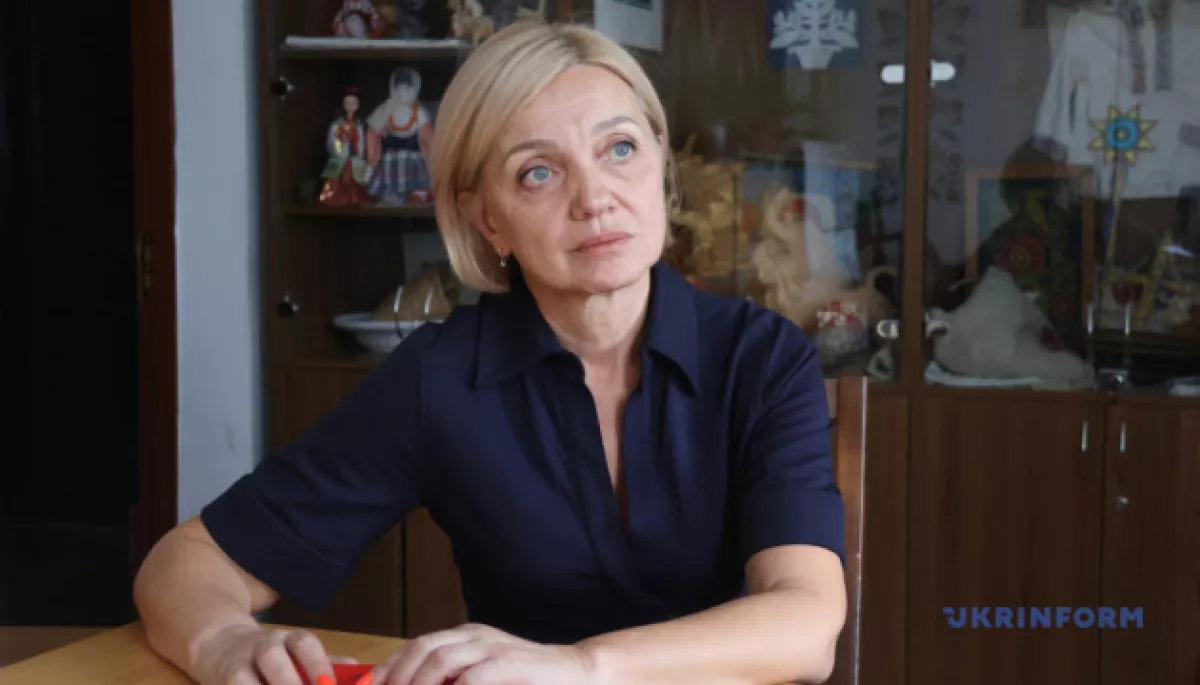The new Commissioner for the Protection of the State Language, Olena Ivanovska, outlined the priorities of her work and emphasised the need to create a unified Ukrainian-language space. In an interview with Ukrinform, she stressed that one of the key tasks will be to protect the Ukrainian language in the occupied territories and abolish the special status of the Russian language.
Ivanovska noted that Russia’s linguistic aggression is part of its armed aggression, and therefore Ukraine must respond not only with military methods, but also with a powerful language policy. She announced active work to record language crimes, their legal classification at the national and international levels, and the preparation of the groundwork for the linguistic reintegration of the liberated territories.
The ombudswoman called the development and recognition of Ukrainian sign language as a full-fledged part of state language policy an important direction. According to her, this is a matter of linguistic equality, accessibility, and a modern approach to communication. She plans to intensify interagency cooperation and promote legislative initiatives to ensure the rights of people with hearing impairments.
Millions of Ukrainians abroad will not be left out of the picture either. Ivanovska emphasised the importance of supporting their connection with Ukraine through language: this involves creating cultural and educational centres, digital platforms for learning and implementing the ‘Language Map of Ukrainians of the World’.
Another task is to integrate the Ukrainian language into modern technologies, electronic services, artificial intelligence and interfaces, which, in her opinion, is not only a matter of convenience, but also of the country’s identity and competitiveness.
At the same time, Ivanovska stressed the importance of respecting the languages of national minorities, but called for the elimination of symbolic inequality in legislation and the abolition of the special status of the Russian language, which is used as an instrument of destabilisation in the context of the war.
According to her, language policy should be consistent and decisive, but at the same time sensitive to context and open to cooperation with civil society. She stressed that the success of the state language strategy lies in the balance between requirements and support.
Read also: Ukraine has a new language ombudsman



